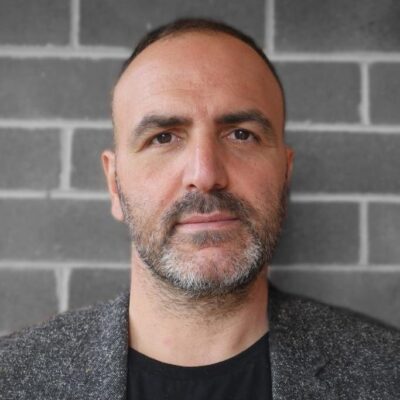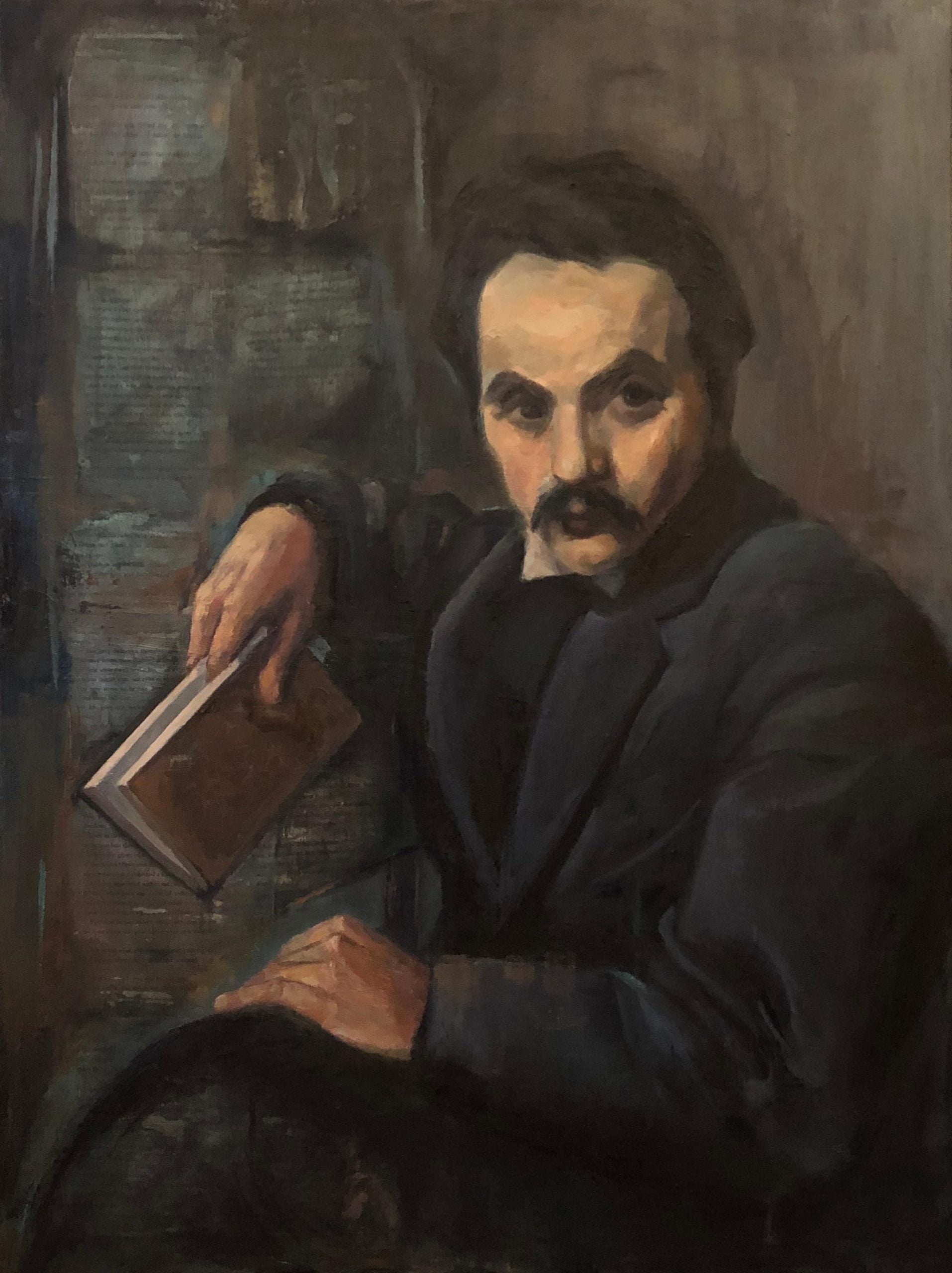
The year 2023 provides a unique opportunity to celebrate Kahlil Gibran’s beloved masterpiece, The Prophet: this is the year the book ends its first century of publication and begins its next one hundred years in the hearts of its readers. Two new books arrive in time to help the world treasure and appreciate Gibran.
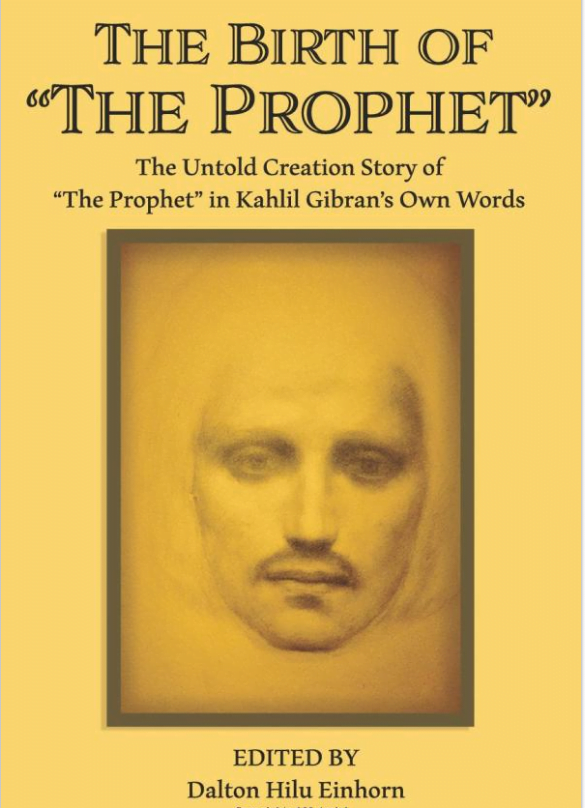
By Glen Kalem-Habib
The Prophet was conceived in 1899 when Kahlil was a sixteen-year-old student in Beirut. The motif and content ripened in Gibran in the United States until 1918, when he was ready to start writing, which began at the farm estate of a friend on Cape Cod, Massachusetts.
In 1923, Alfred A. Knopf published what Kahlil once called “my curious little book.” The first printing sold every copy rapidly. The next printing was ordered and sold out quickly. And a third and a fourth. Eventually, The Prophet became the best-selling book of the Twentieth Century.
In time for the Centennial Anniversary of The Prophet come two very different books sourced from one of the unique archives in the world. At the University of North Carolina is a collection of over ten thousand pages of materials donated by Mary Elizabeth Haskell, Kahlil’s soul mate. Kahlil and Mary had a beautiful, loving relationship that began when they met at an exhibit of his art in 1904 when he was twenty-one and lasted until his passing in 1931. Their love was kept hidden by Kahlil and Mary and is known now through the discovery of hundreds of letters between the two and her diaries, which chronicle their conversations from their hundreds of meetings in minute detail.
The two books are edited by Dalton Hilu Einhorn, the son of the editor of the first book to come from the UNC materials, Beloved Prophet. In 1972, Dalton’s mother, Virginia Hilu, revolutionized what was known about Gibran by creating a book told entirely in the words of Kahlil and Mary through excerpts from the UNC materials. Virginia, likely the only Arabic-speaking female editor of Syrian descent in the publishing industry, had the intuition to leave the story-telling to Kahlil and Mary.
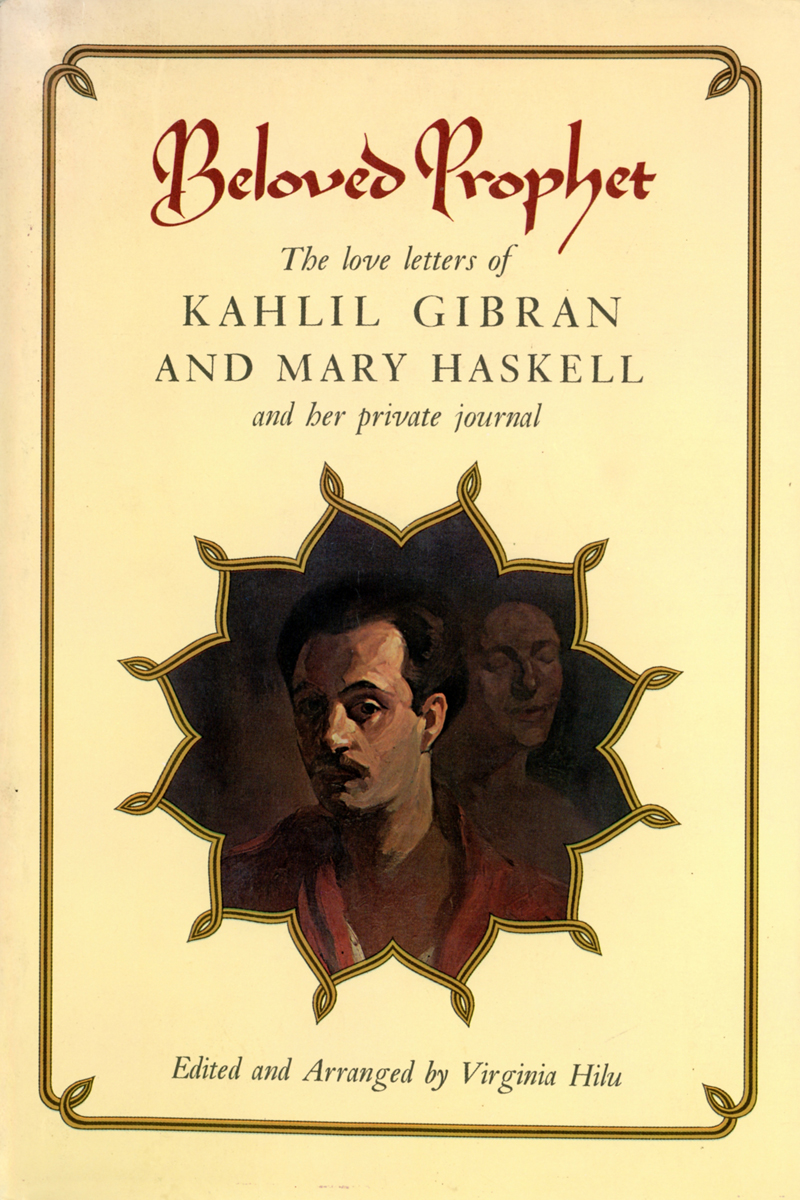 Beloved Prophet by Virginia Hilu 1974
Beloved Prophet by Virginia Hilu 1974
Beloved Prophet covered a great deal of ground but never strayed far from the revelation of the loving relationship between Kahlil and Mary. What did not fit neatly into the book was a story that awaited until 2023 to be told: the creation of The Prophet.
Dalton’s book, The Birth of the Prophet (Amazon, KDP, 2023), is a telling of the origin story of Kahlil’s masterpiece in his own words. From the original idea of a book of wisdom in 1899 to the first motif for Almustafa in 1912 to the writing of the book in 1918 and its publication. Nearly every chapter of The Prophet has its origin revealed in conversations between Kahlil and Mary that are presented in excerpted form.
“My hope is that readers of this book will rush back and re-read The Prophet and fall in love with it in new ways,” said Dalton. “Seeing a conversation that is the inspiration for a chapter of The Prophet is thrilling. It’s like having a front-row seat at the creation. I’m so lucky to have had the opportunity to let Kahlil and Mary tell the origin story of the masterpiece. It’s like reading a love lived.”
Most of The Birth of the Prophet has not been published before and is unlocked from the UNC archive for the first time. “My mother picked some of the best parts, especially in 1923 for her book, so I can’t say my new book is all new, but I feel like mother and son did a great job of being the vehicles for Kahlil to speak to readers again.”
The second book is very different from The Birth of the Prophet. “During the early weeks of the invasion of Ukraine, I read that grain shipments to Lebanon from Ukraine were in jeopardy and that there might be starvation. The University of North Carolina materials chronicle Kahlil’s anguish for the suffering of Mount Lebanon at the hands of Turkey and the genocidal starvation of hundreds of thousands of Lebanese.
Dalton’s second book, Kahlil Gibran’s Lebanon and Syria: His Unpublished Stories of His Beloved Homeland (Amazon, KDP, 2022) is a collection of all of the stories Kahlil told Mary about his birthplace. There are stories of ancient Bedouin travelers, folk tales, prominent Lebanese and Syrian figures and other people from Kahlil’s life and memories. Stories of places, from the green gardens of Beirut to cliffs of the valley of Kahlil’s birthplace of Bsharri, to dusty trails where he met Jesus in his dreams. Highly resonant, though is the chronicling of Kahlil’s exhaustive effort to gain Lebanon her independence from Turkey. What Kahlil said in 1912 sounds as if it might have been said in 2022.
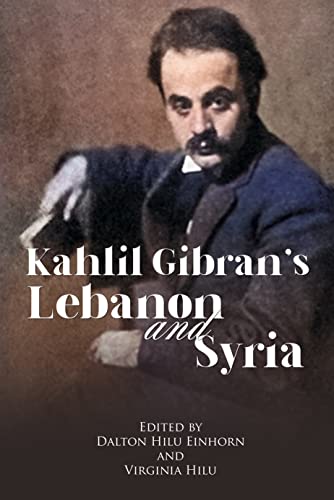
“It felt to me like the reason these materials had not been published until now is that they’ve never been needed more than today,” said Dalton. “I produced the book specifically for the people of Lebanon so that they could hear Kahlil talk to them once again, and I hope he brings them comfort and hope. He is needed now more than ever. But that said, anyone who loves Kahlil will enjoy this book because they can meet Kahlil in the truest sense. Yes, he was an author, and yes, he was an artist. But nothing describes Kahlil Gibran better than saying he was a fiercely proud son of Lebanon,” according to Dalton.
“It was truly an honor to be the vehicle to bring several hundred pages of never-read Kahlil materials to the world. I might be biased but there is no other Kahlil Gibran. Which other writer can make you feel like he wrote just for you the way Kahlil did? And I can only imagine that in two or three centuries, his words might sound fresher and more powerful than they did in 1923 and 2023.”
Dalton also released, And the Prophet Said (Red Wheel, 2020), a collection of unpublished writings found in Kahlil’s studio at the time of his death.
